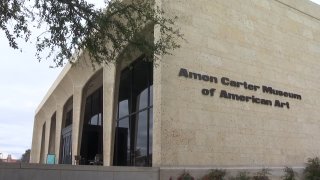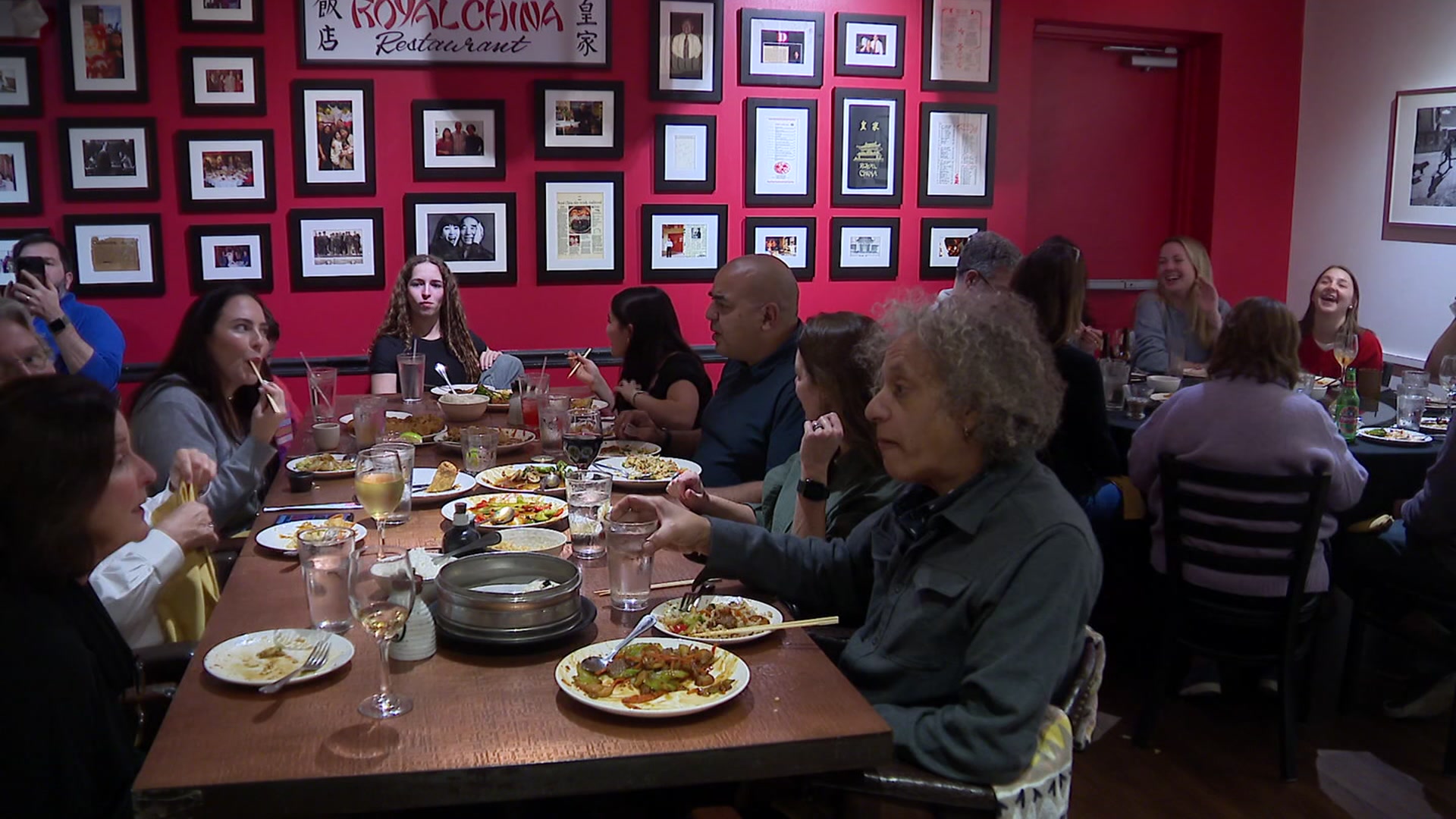
The Amon Carter Museum of American Art is curating a future exhibit called 'Emancipation: The Unfinished Project of Liberation.'
The exhibit will cover the impact of President Abraham Lincoln's historic Emancipation Proclamation, which ordered 10 states to free slaves in the United States. It is set to open in March 2023, the 160th anniversary of the Emancipation Proclamation, museum curator Maggie Adler said.
"It's really important to me to make history come to life," Adler said. "To use contemporary art as a lens for us to see history, and also to understand how history has an impact on the world of contemporary artists."
Adler said her inspiration was an 1863 sculpture at the Amon Carter Museum of American Art called 'The Freedman' by John Quincy Adams Ward.
Get top local stories in DFW delivered to you every morning. >Sign up for NBC DFW's News Headlines newsletter.
"It's really probably the first depiction in bronze in the United States of a Black man," Adler said. "It's the only one that has a key that unlocks the shackles that are around the sculpture's wrists."
Adler said seven contemporary artists are working on projects to include in the exhibit. Letitia Huckaby is among the seven artists who will have their work featured.
"It's called 'A Tale of Two Greenwoods'," Huckaby said of the photo installation she is working on for the exhibit.
Local
The latest news from around North Texas.
One of the Greenwoods is in Tulsa, the site of the 1921 Tulsa Race Massacre, the other Greenwood in Mississippi, where Huckaby's father once lived.
"I hope that people will think about that sort of tug and pull between how difficult it had been for these Freedman's towns to survive," Huckaby said. "All they wanted to do was make a place for home."
Huckaby said art can help people see a different point of view.
"I think art is great at just cutting right to the core of something," Huckaby said. "Somehow with art, people can hear things and see things differently."
Other artists creating works for the Emancipation exhibit include; Sadie Barnette, Alfred Conteh, Maya Freelon, Hugh Hayden, Jeffrey Meris, and Sable Elyse Smith.



